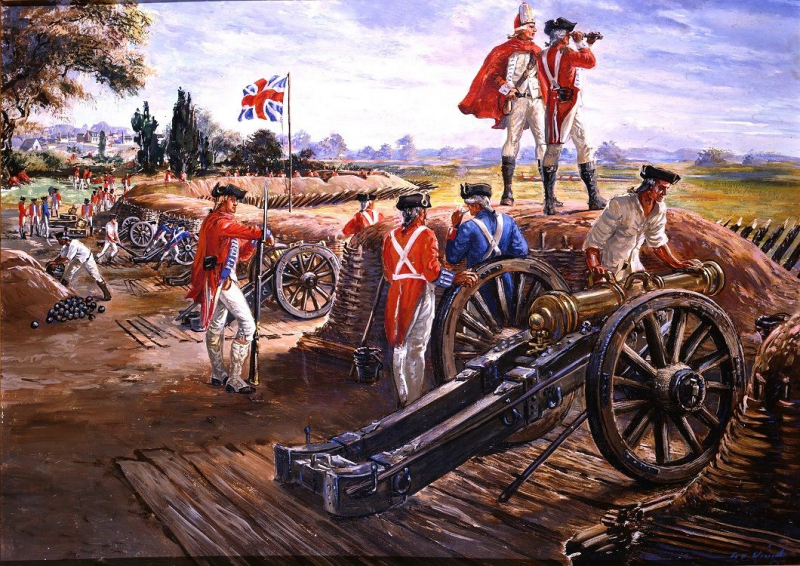The Emancipation Proclamation helped prevent the involvement of foreign nations in the Civil War.
Prior to the American Civil War, the United States traded with other countries, including Great Britain and France. The two countries remain somewhat neutral during the American Revolution, but they did consider joining the war to expand their country's power, and influence in the Western Hemisphere. British leaders had some sympathy for the Confederacy but were never willing to risk war with the Union. France was even more sympathetic to the Confederacy, but it was threatened by Prussia and would not make a move without full British cooperation.
At the start of the Civil War, the Union government refused to acknowledge the legitimacy of the Confederacy. In fact, throughout the entire war, President Abraham Lincoln, the 16th President of the United States, did not recognize the South as an independent nation. In the eyes of the North, Union forces were fighting to bring rebellious states back into the country. However, those in the South believed that they were forming their own country and were a legitimate nation. To earn their independence, they had to fight and win on the battlefields, as well as gain international powers to recognize the Confederacy as a separate nation, possibly providing legitimacy to the Confederate cause. Therefore, their best chance at victory meant that ties between the South and Europe needed to be strengthened. That reason opened the door for the involvement of Britain and France in the Civil War.
However, Lincoln's directive - The Emancipation Proclamation - reinforced the shift of the international political mood against intervention while the Union victory at Antietam further disturbed those who didn't want to intervene on the side of a lost cause.











